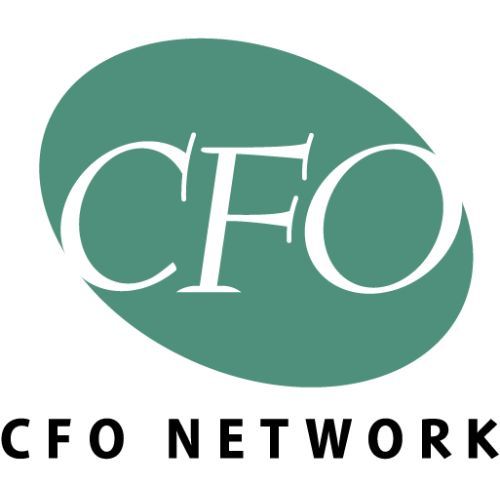What Are the Main CFO Responsibilities?

You probably didn’t need a survey to tell you this, but poll results show bookkeeping and accounting to be the top least favorite task of business owners.
If you dread managing the accounting side of your business, then it’s high time you considered using the services of a CFO. Not only will they relieve you of an onerous task, but they’ll also be able to guide you towards better business decisions.
CFO responsibilities include overseeing your financial records. However, their services go far beyond just crunching numbers. If you don’t have a CFO yet, you’re probably missing out on competitive advantage for your business.
To see whether this is true, keep reading as we unpack what is a CFO, the benefits of having one, and more.
What Is a CFO?
So what is a CFO? The term CFO stands for chief financial officer. CFOs are not accountants, however, their skills can overlap considerably with CPAs.
Accountants typically focus on financial reporting, tax preparation and planning, payroll, financial compliance, and reconciliations. CFOs, on the other hand, are more future-focused and concentrate their efforts on analyzing businesses’ financials to assist owners and board members in decision-making
Main CFO Responsibilities
Now we have a basic understanding of CFO functions versus pure accounting. But what does a CFO do exactly?
CFO responsibilities and functions typically include things like:
- Business strategy formulation
- Pipeline reports and forecasting
- Communicating with and reporting to stakeholders
- Cash flow management and optimization
- Commercialization
- Product mix
- Budgeting
- Financial forecasting
- Creating model scenarios
- Advising executives and board members from a financial capacity
- Performing financial risk management
- Supply chain analysis
- Contingency planning
- Cost-benefit mapping
Although some CFOs may still have a hand in balancing the books or running the numbers, their main role is analyzing the business’s finances so as to map out and execute a financial vision.
They achieve this by formulating strategic goals, and monitoring and evaluating financial activities.
The Benefits of Having a Chief Financial Officer
Are you considering hiring a CFO, and what the benefits of this would be? Having a CFO on your side means you get expert, hands-on advice for your business’s financial functions.
They can help you know what to spend where for the maximum return. They can also reduce debt through smart financial planning. Additionally, if you are considering expanding or diversifying your offerings, a CFO can numerically assess the associated risks.
These CFO functions are all invaluable if you want to grow your business. However, not all SMBs can afford to hire a full-time CFO. CFOs are highly qualified professionals, who have usually spent years in the field.
The cost of employing a full-time CFO is often so prohibitive that smaller businesses do without a chief financial office far longer than they should.
Fortunately, hiring a CFO for your company isn’t the only route. Instead, you can also choose to outsource CFO responsibilities to a virtual CFO.
Outsourcing financial areas such as CFO functions is becoming very common. More than 37% of SMBs are choosing to outsource their financials.
Are You Looking For Someone to Handle the CFO Functions in Your Business?
Having someone to handle the CFO responsibilities in your business can drive growth and give you a significant edge in your operations.
However, finding the right CFO for your needs isn’t always easy. That’s why here at CFO Network, we connect businesses with experienced CFOs. Whether you want to outsource your CFO functions or hire someone in-house, we can help.
Not sure which option is best for you? Book a free 30-minute meeting and we’ll help you evaluate your needs.



